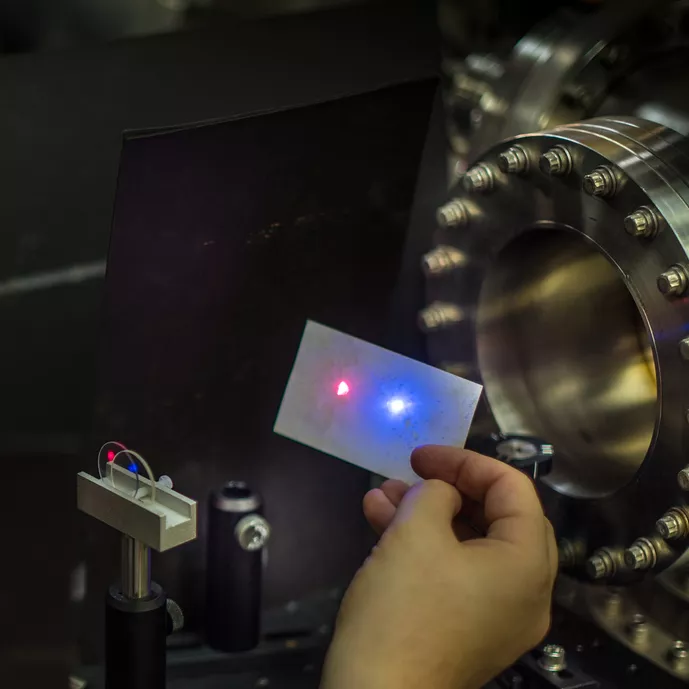Michael B. Schulz: LHC Olympics
The past twenty years have been a departure from the norm in particle physics. Experiment has served primarily to confirm the theory that we already have — the standard model — to greater and greater precision, rather than to produce new and unexpected results that require a modification of the existing framework.1 Nevertheless, we know that the standard model is incomplete, and we await new suprises with the arrival of the LHC, when we once again confront data from a significantly new energy regime in particle physics.
In preparation, the LHC Olympics is an arena designed to challenge our ability to interpret raw particle physics data — to rein in a more fanciful era of theoretical speculation through greater emphasis on the experimental implications of these speculative ideas. In this twice yearly event, different groups take experimentally viable extensions of the standard model and convert these ideas to data using collider event generators and particle detector simulations. The simulated data are presented as a "black box" to the rest of the participants, who then try to crack the inverse problem of deducing theory from experiment. In the third LHC Olympics, I presented a black box analysis on behalf of a team of students, postdocs and professors at Penn. Our analysis was based on the ChRoot toolkit developed by Volker Braun and Mike Ambroso at Penn, which Mike described in the same talk. We didn't quite unravel the black box — hopefully next time! — but it was fun and extremely instructive, so we expect to participate regularly in the future.
1 An important exception was the discovery that neutrinos have nonzero mass. This requires a relatively minor modification of the standard model — new polarization states, rather than entirely new particles. However, the tantalizing puzzle of why the neutrino masses are so much smaller than other particle masses remains and could holds clues to other exciting physics beyond the standard model.
- LHC Olympics homepages
- 1st LHC Olympics July 2005 at CERN [talks]
- 2nd LHC Olympics Feb 2006 at CERN [blackboxes, talks]
- 3rd LHC Olympics August 2006 at KITP [blackboxes, talks]
- 4th LHC Olympics March 2007 at the Princeton LHC Meeting [blackboxes, talks]
- LHC Olympics wiki
- Penn ChRoot toolkit @ LHC Olympics wiki (same username and password)
- Scholarly articles closely related to the LHC Olympics

Contact Us
Department of Physics
Park Science Building
Bryn Mawr College
101 N. Merion Avenue
Bryn Mawr, PA 19010-2899
Phone: 610-526-5358
